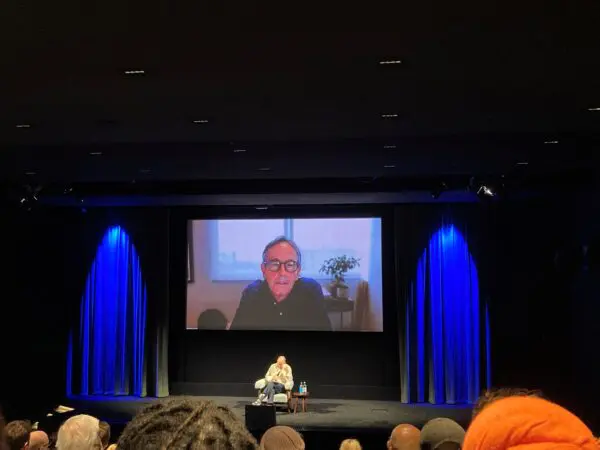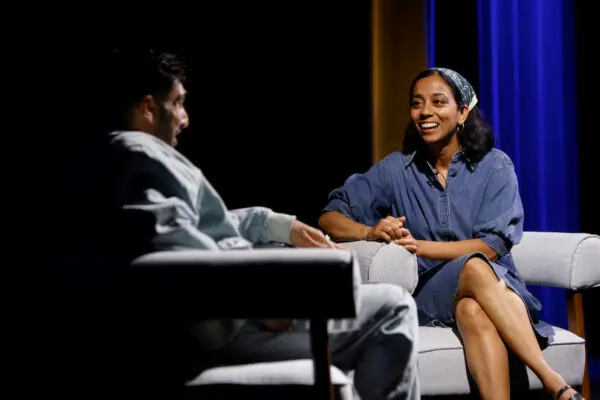“You can’t expect your characters to laugh unless you do and you certainly, certainly can’t expect them to cry unless you cry writing it..”
McGovern’s passion for politically-motivated stories and authentic characters would become his signature with searing television dramas Hillsborough, The Street, Accused and Common. A topic explored in much of McGovern’s work is the chasm between law and justice. For him, “law can keep you away from justice, and you don’t find out until you’re the victim of injustice.”
“That is what I constantly write about, men and women not doing the right thing because it just costs too much, sometimes your life, but often your reputation or your friendships or your faith,” he says.
Discussing his writing method, McGovern admitted “I hate writing page one,” but that he revels in the research for a screenplay. For him, a great script editor is a crucial collaborator and important as a sounding board: “Any kind of input is useful, even if you think it’s wrong, as long as you use it.”
McGovern left the audience will a brilliant screenwriting mantra – “simplicity of narrative, complexity of character” – summing up the commitment to character, emotion and truth that make his writing so exceptional.










